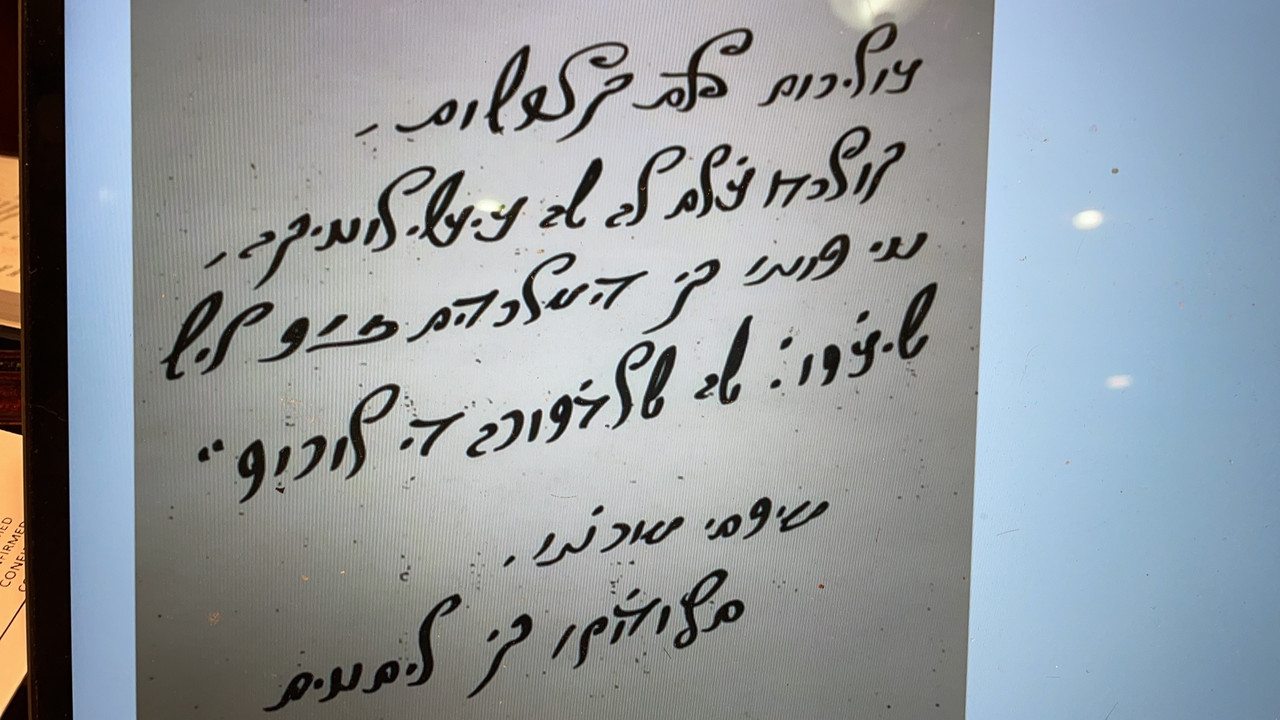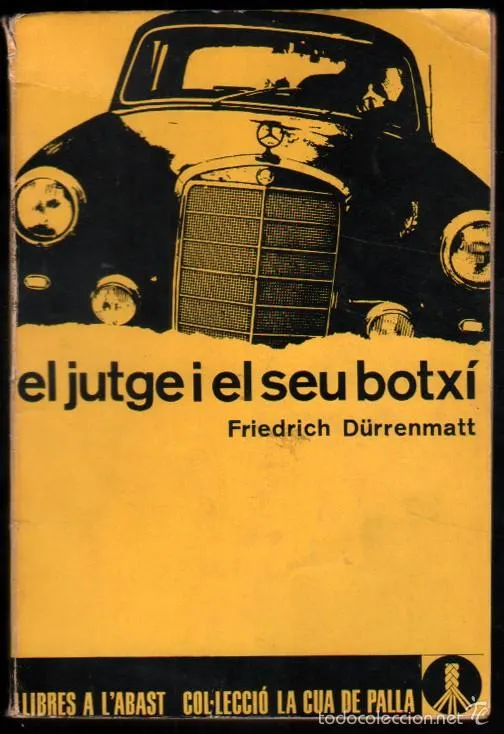"Els Cosacs" is now another book I have read in Catalan. The latter half of the book is where the story gets told. We learn the answer to the question of can we truly become someone else or are the ties that bind us to class and upbringing more powerful?
As an American whose ancestors came from Britain almost 400 years ago, the class system was ostensibly left behind upon arrival in the new world. Most who came of age in the 20th Century were taught and brought up to believe that there was no class system in the US. We learned the myth of the "self-made man" which of course, left out women, natives and people of color, and disregarded the country's original sin of slavery. Myths die hard and often persist beyond what should have been their natural deaths. Those of us with that formation, can find it somewhat hard to understand a rigid class system like existed in Russia in 1863. Why can't Olennin (the protagonist of Els Cosacs) just find a nice Cossack girl, buy a house and some land near the village on the Terek River, settle down and live happily ever after? We may know why and hope that he can do it anyway, but we know that he can't. It is harder to do what we must do to be truly free than we often times think it is.
As a noble, Olennin is as bound to the system as his serfs are bound to his servitude. He tries to break free but he wants that freedom on his terms. The ties that bind him to his hierarchical society are like rubber bands that will let him stretch out pretty far, but always snap him back. Lev Tolstoy is an iconic Russian writer. He was a writer who was a master of delineating the human condition in Russia and by extension the world... which is why his writing will always remain relevant.
Having read the book in Catalan translation, I can now say that it did not kill my momentum I'm gaining with the "noir/hard-boiled detective" genre of both translated and original Catalan literature. It just slowed the momentum down a little. I'm glad to have read it. Ironically, it's spurred my desire to read Tolstoy's later great novels- "Anna Karenina" and "War and Peace" in Spanish, and/or Portuguese. These are my strongest languages.
Now, I've moved onto "Qui Mana" ("The Deep" title in English original) by Mickey Spillane.

This book is just like the image suggests, but more.
synopsis Grup62 wrote:Bennet era l’amo absolut, però discutit, d’un imperi criminal que feia la seva llei, i algú no hi devia estar conforme, perquè un bon dia el trobaren mort, assassinat, a casa seva. Aleshores entra en escena el seu hereu, el Deep enigmàtic que vint-i-cinc anys enrera s’absentà de la ciutat per no haver de competir amb el seu amic. És un home dur, segur d’ell mateix, audaç, avesat a tota mena de situacions i que sap imposar-se per la sola força de la seva personalitat. Com ell diu: «Sóc al capdamunt. Si els mano que saltin, només pregunten fins a quina alçada, i si els dic que escupin només volen saber si l’escopinada ha de ser gaire grossa». Però això no evita que de vegades li escupin al damunt i que l’allisin a cops de peus. Ni que la policia la hi tingui jurada, naturalment. Ara que al final…, però el final és precisament aquest cop de puny emocional que ha convertit Spillane en l’autor predilecte de trenta-dos milions de lectors.
"Deep" is a mob boss who returns to New York after the murder of his friend, leader of the local mob in his district, Bennet. They were childhood friends. Deep left the city because he didn't want to have to compete with his friend. Bennet left Deep the empire in his will, but there are conditions to inherit. Deep must discover Bennet's killer (most likely dead, but you can't put that in a legal document) in two weeks or the inheritance passes to the organization's attorney.
As the synopsis says Deep is one big bad dude. He makes Samuel L. Jackson look meek. Deep tells his men to jump, and they ask "how high?". I'm a little over halfway through the book right now and seem to be a little bit closer to finding the killer than we were at the beginning. It's a good book so far. Again, the issue is translating American slang from 1961 to Catalan, but I'm getting it.
Mickey Spillane is best known for his hard-boiled detective series "Mike Hammer", which became a tv series in the 1980's. Spillane was all about money. Whenever he needed more, he'd just write another book. Spillane took about a 15 year break from drinking and carousing. He became a Jehova's witness, and then left to write "The Deep" in 1961. Of course, in order to get people to buy the books, he had to be a pretty good writer, even if he was mercenary about it.
Having used the Old Testament of the Bible to gain a foothold in Haitian Creole and Ladino, I thought I'd give it a rest for a while with Catalan. The "La Cua de Palla" selection is serving me well so far. From Tolstoy to Mickey Spillane, I doubt my old university literature professor would approve, but it works for me.
I'm also watching Plats Bruts again, the 20 year old Catalan comedy show and working with the transcripts I have for the first season.
Spanish
With the World Series finished now, baseball season is over in the States and Canada... but it's just getting going in the Caribbean. This year the MLB TV site/app is streaming the entire Liga Dominicana de Béisbol Invernal (Lidom) for a $24.95 US subscription. Along with Puerto Rico, Colombia and Venezuela, the Dominican Winter league serves to provide an off-season for major and minor league baseball players to tune up their game and get noticed before the MLB season starts again in North America in early Spring. The games are streamed in HD, Spanish audio only, of course. Some of the teams use every bit of downtime to get in every ad (audio) they can, so, if you're studying Spanish and want a lot of exposure to the language, here's your chance. Between innings, all the local ads are left in. They get muted for the MLB games.
Mèsi pou li tou sa isit la. M a wè nou pita. Orevwa pou kounye a.



